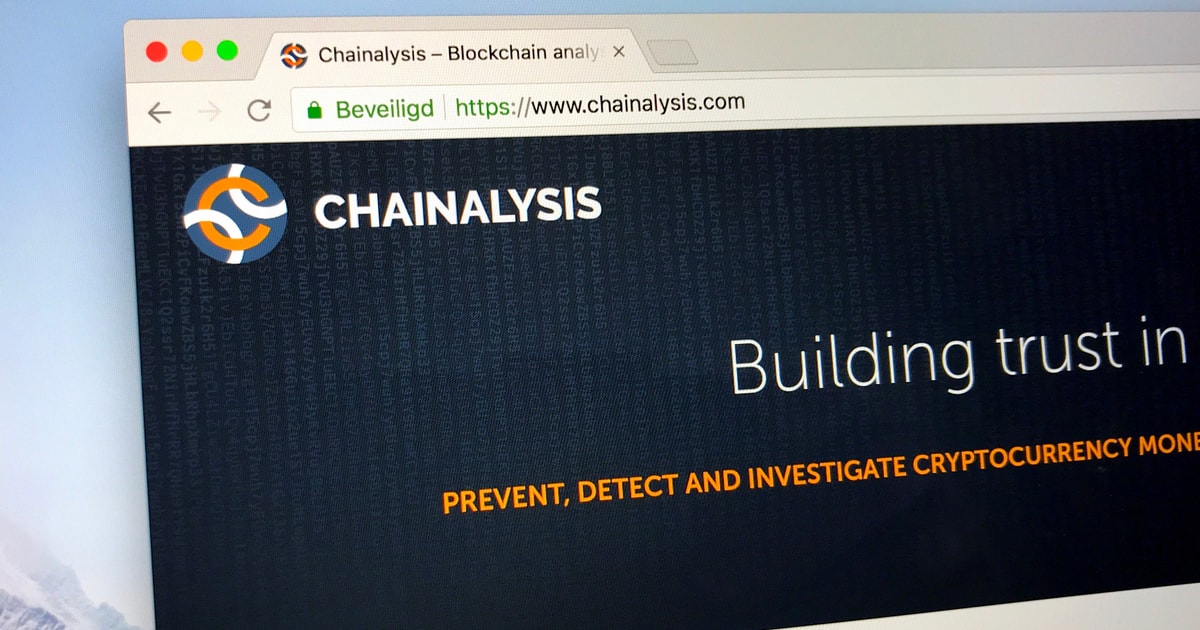Lawrence Jengar
Oct 23, 2024 20:14
The rise of address poisoning scams has become a major concern within the cryptocurrency realm, targeting high-value users by replicating regular transaction addresses.

As the world of cryptocurrency continues to transform, so do the methods employed by cybercriminals. Address poisoning scams have surfaced as a complex threat, deceiving unsuspecting users by leveraging the familiarity of their transaction histories. Reports from Chainalysis suggest that this type of scam has nearly resulted in a $68 million loss in wrapped bitcoin (WBTC) for a single victim, showcasing the scale and potential consequences of such schemes.
Exploring Address Poisoning Attacks
Address poisoning attacks represent a deceitful tactic utilized by fraudsters to misdirect crypto users into sending cryptocurrency to incorrect addresses. The scam begins with an analysis of a target’s transaction habits to discern frequently used addresses. Scammers then create a close imitation of an address, execute a small transaction to ‘poison’ the target’s address book, and await the possibility that the victim will mistakenly transfer funds to this fake address later on.
These scams are aided by accessible toolkits available on darknet platforms, enabling even those with limited technical abilities to carry out such assaults. These kits typically contain software for generating look-alike addresses, automated scripts for seeding these addresses with minor payments, and comprehensive guides for misleading victims.
A Case Study: High-Stakes Deception
A significant incident transpired on May 3, 2024, when a prominent crypto investor almost lost $68 million in WBTC due to an address poisoning scheme. The scammer successfully tricked the victim into transferring funds to a counterfeit address. After several negotiations, the attacker returned the funds, although the victim had to contend with a $3 million loss from a subsequent increase in BTC value.
This event highlighted the potency of address poisoning scams and the substantial risks involved. It further reinforced the value of performing small test transactions as a safeguard when dealing with large transfers.
The Wider Impact and Response
Research by Chainalysis uncovered a network spanning over 82,000 crypto addresses associated with this operation, indicating the pervasive nature of these frauds. Though only 0.03% of the addresses managed to receive significant amounts, the possible gains from the scams were considerable, suggesting a high return potential for the criminals.
Victims often belong to the more experienced user demographic with larger wallet balances, as the campaign focuses on high-value and active participants. This trend indicates a rising sophistication in the tactics employed by scammers.
Combatting the Threat
As these fraudulent activities become increasingly common, the demand for strong blockchain intelligence and security protocols escalates. Real-time oversight and heuristic analysis are essential for spotting suspicious actions and mitigating further losses. Chainalysis plays a crucial role in this initiative by supplying technology that identifies irregular patterns and tracks illegal fund flows, facilitating prompt action from security teams and authorities.
Address poisoning scams illustrate the persistent and evolving dangers in the cryptocurrency space. With the increasing complexity of these scams, there is a pressing need for heightened awareness and proactive security strategies among crypto users.
To learn more, visit the Chainalysis website.
Image source: Shutterstock








